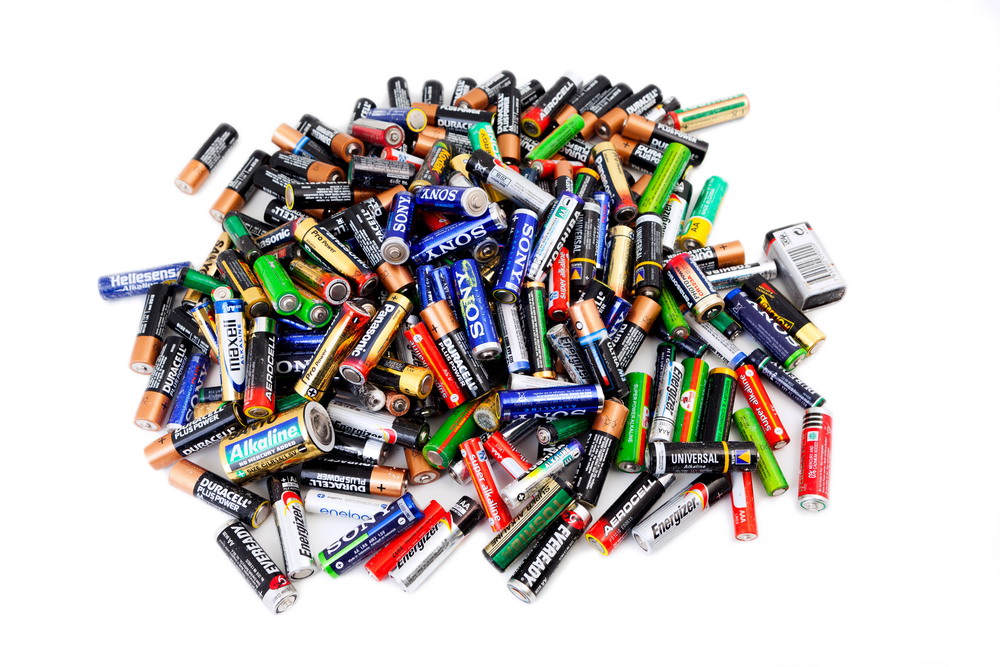
What are the ethical issues surrounding batteries? This is a question that, it must be said, doesn’t often receive a lot of attention. Of course, the sustainability of batteries – and the sustainable technologies they power – is something which informs a lot of research and development in this area. Nevertheless, this isn’t quite the same thing as an ethics of batteries.
For sure, the two certainly overlap. However, when we talk about the battery technologies that power green technology – or which provide clean energy themselves – we often forget about how we develop those same batteries.
For example, the li-ion battery has been the technology that has made much sustainable technology possible since it was first developed in the 1990s. Li-ion technology, of course, has made electric cars possible (more on that later), and it has also started to appear in many contexts where, previously, non-sustainable battery technology would have been used.
Just consider the AA and AAA rechargeable smart batteries produced by eco-conscious start-ups like Pale Blue Earth.These technologies have replaced many of the traditional household batteries and even more recent rechargeable versions. Sothey have helped to reduce battery waste, which is certainly an ethical concern.
Such has been the benefit of li-ion batteries, but there are some contexts where there are serious concerns. Not just for the environmental impact of such batteries, but for their ethics too.
The Problem with EVs
Small batteries, like the aforementioned household batteries which only use tiny amounts of lithium and last for a very long time, are probably sustainable on balance. Nonetheless, when we come on to thehuge multi-celled lithium batteries which power EVs, we are talking about a massive amount of lithium needed.Certainly,this will need to change if car manufacturers are going to meet their targets of ceasing production of gas-powered vehicles by around the 2030s.
The thing about lithium-mining is that it can be perilous to the surrounding landscape wherever it is mined. So far, that sounds just like an environmental concern, but it becomes more immediately ethical when we consider that things often affect the lives of people living in this area. Lithium mining can cause serious floods, pollute waterways, and pollute soil in surrounding areas, and it is often carried out with little regard for communities living there. This is certainly an ethical concern.
Moreover, if enough batteries are going to be manufactured in order to facilitate the EV revolution, then a lot more of these mineswill need to be built. Currently, China has something of monopoly on lithium reserves, and so this also raises ethical geopolitical concerns, especially surrounding the danger of one country having control over the stuff which literally keeps the cars running. This is the major problem with EVs, and it’s not one that, as yet, has any kind of obvious solution.
Further Issues
But it isn’t just lithium either. Cobalt, which is broadly considered a “green mineral” and is an important substance for the manufacture of smartphone batteries, is also rarely acquired ethically. This is because 60% of the world’s cobalt reserves are currently located in war-torn Congo, where child labor and poor workers’ rights are rife.
Some tech giants have even been sued by Congolese families who say their children have either been killed or injured working in cobalt mines. That’s certainly something to think about when you consider how the substances needed to power your smartphone are acquired.
There are no obvious solutions to these looming issues as of yet, but if batteries are set to play a role in a greener (and therefore more ethical) future, they will simply have to be addressed.
